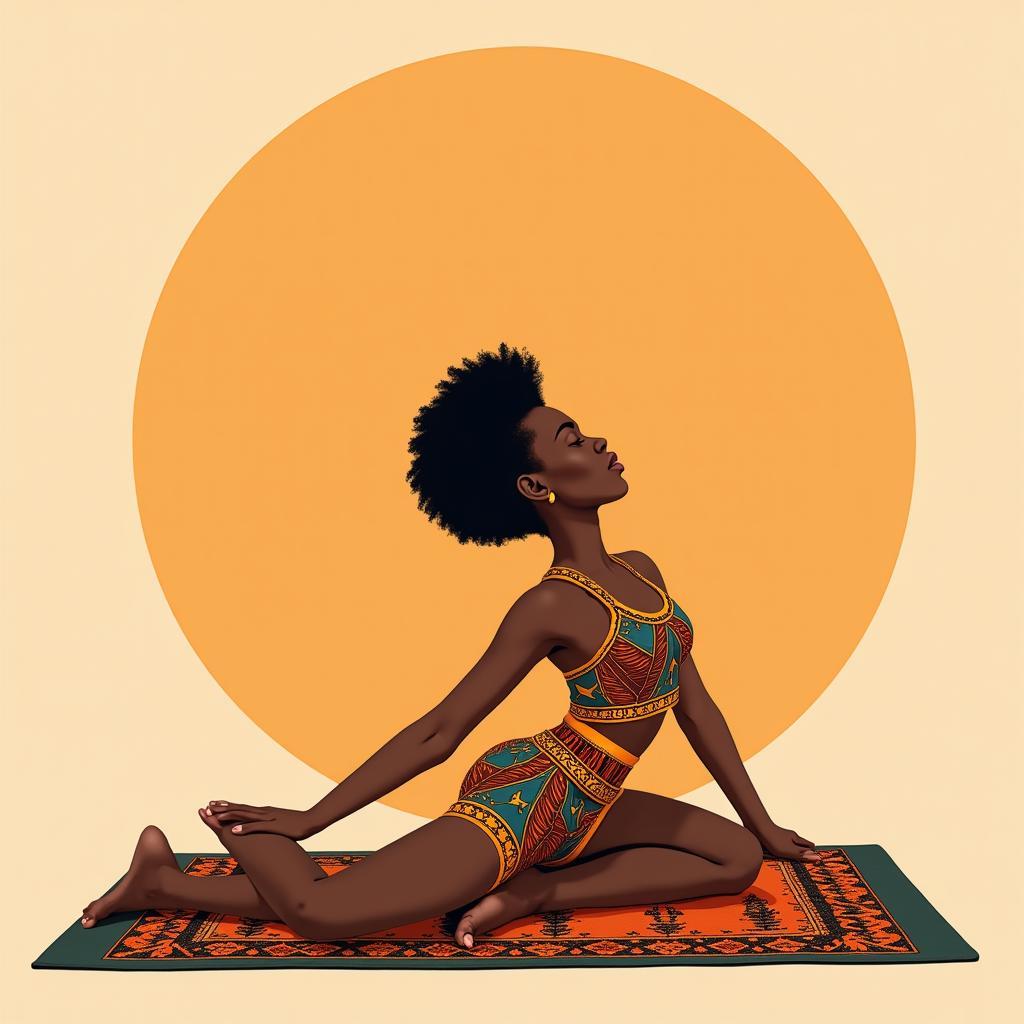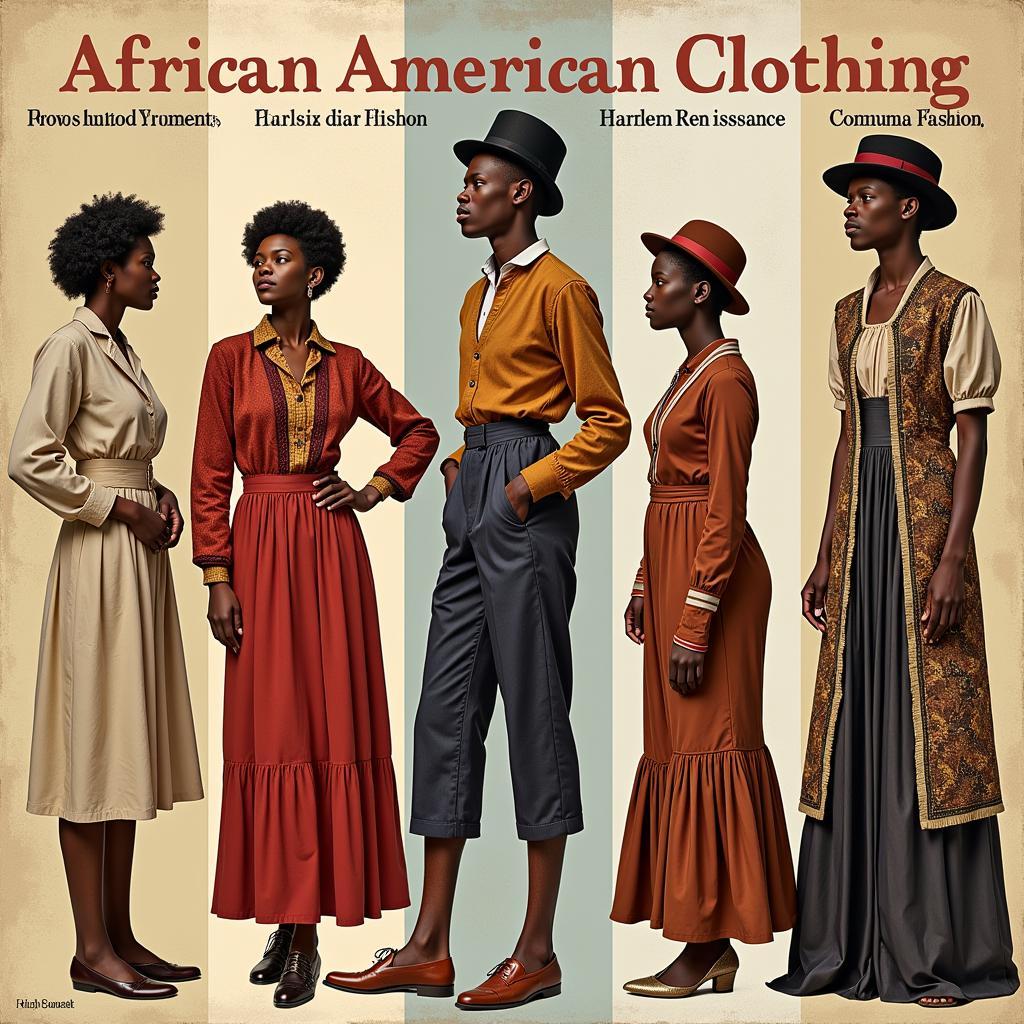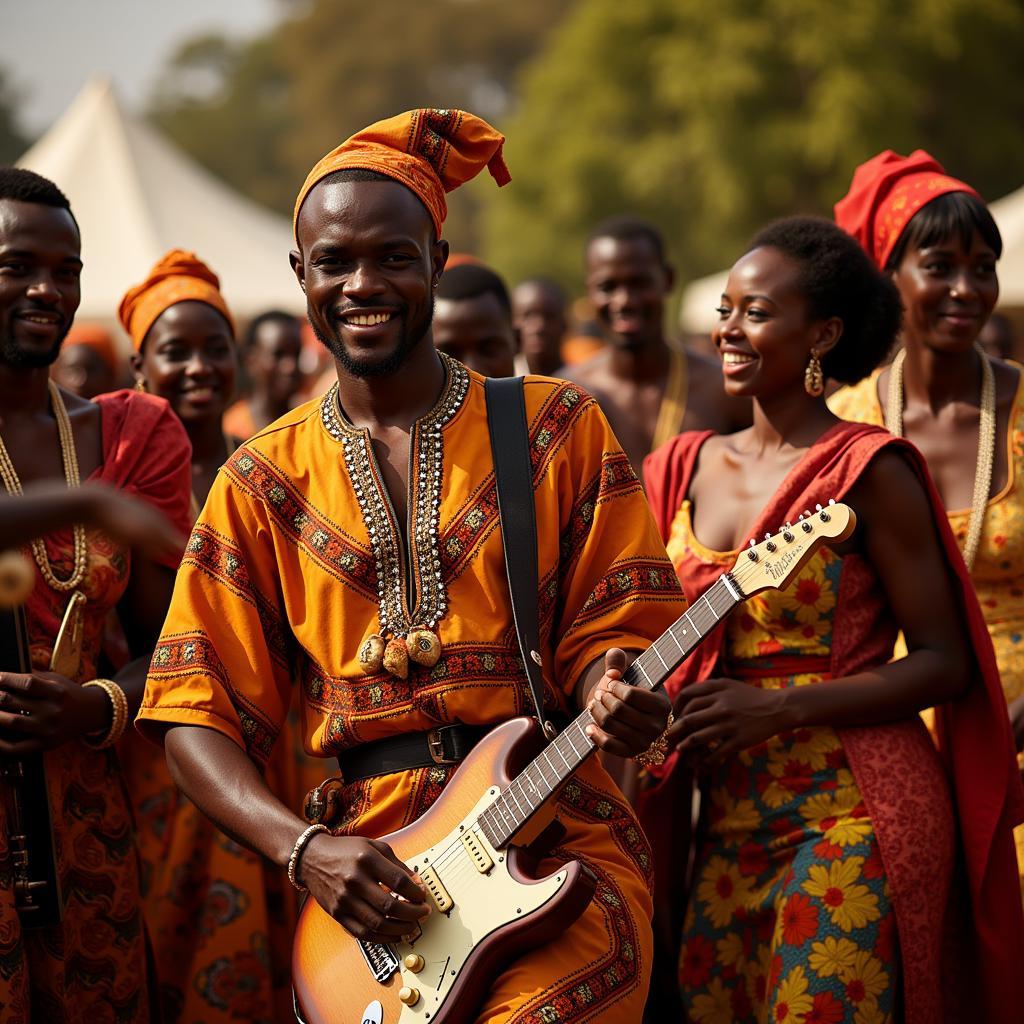The African Game of Thrones: Power, Politics, and Culture
The “African Game Of Thrones” is a captivating lens through which to explore the complex tapestry of power struggles, political intrigue, and rich cultural heritage that has shaped the African continent. From ancient empires to modern nation-states, the pursuit of power has been a constant thread woven into the fabric of African history. This article delves into this intriguing narrative, examining historical examples, cultural influences, and the enduring legacy of these power dynamics.
Empires and Kingdoms: Echoes of an African Game of Thrones
Africa’s history is replete with powerful empires and kingdoms, each vying for dominance and leaving an indelible mark on the continent. The rise and fall of these empires often mirrored the intricate plots and power plays found in fictional narratives like Game of Thrones. Consider the ancient Egyptian dynasties, with their pharaohs, intricate court politics, and struggles for succession. Or the vast Mali Empire, rich in gold and trade, where control over resources fueled political ambition. The Ashanti Kingdom, with its sophisticated legal system and powerful military, offers yet another example of an African “Game of Thrones” scenario. These historical power struggles often involved alliances, betrayals, and epic battles, shaping the destiny of entire regions.
The Nubian kingdoms, south of Egypt, offer a compelling example. They constantly challenged Egyptian dominance, engaging in both warfare and diplomacy in their pursuit of power and independence. These historical narratives, rich in intrigue and conflict, resonate with the themes of political maneuvering and power struggles found in popular narratives like Game of Thrones.
Culture and Power: The Unseen Hand in the African Game of Thrones
Beyond military might and economic strength, culture plays a significant role in the African “Game of Thrones.” Traditional beliefs, customs, and rituals often influence political power and legitimacy. For instance, in many African societies, spiritual leaders held considerable sway, often acting as advisors to rulers or even holding positions of power themselves. The concept of divine kingship, prevalent in many pre-colonial African societies, further illustrates the intertwining of culture and power.
Think of the role of griots, the oral historians and storytellers of West Africa. They were not merely entertainers but also custodians of history and powerful influencers of public opinion. Their narratives could shape perceptions of rulers and impact political dynamics, much like the bards and whispers in the fictional world of Westeros. You can find information on actors from Game of Thrones, including African American actors, online. Also check out resources on other African American actors.
The Role of Oral Tradition
Oral traditions, a cornerstone of many African cultures, have played a critical role in transmitting knowledge, values, and historical narratives, including those related to power struggles and political intrigue. These stories, passed down through generations, often served to legitimize ruling dynasties or to warn against the dangers of unchecked ambition. They provided a framework for understanding the complex dynamics of power and leadership within African societies.
The Legacy of the African Game of Thrones
The historical power dynamics in Africa continue to shape the continent today. The legacy of colonialism, the rise of new nation-states, and the ongoing struggle for resources and political influence all echo the themes of the African “Game of Thrones.” Understanding these historical and cultural contexts is crucial for navigating the complexities of modern African politics and society.
Conclusion
The “African Game of Thrones” is not just a catchy phrase; it’s a window into the rich and complex history of a continent. From ancient empires to modern nation-states, the pursuit of power has shaped African societies in profound ways. By understanding this intricate interplay of history, culture, and politics, we gain a deeper appreciation for the challenges and triumphs that have shaped the African continent. Exploring the “African Game of Thrones” is essential for anyone seeking a deeper understanding of Africa’s past, present, and future. More information about the actors in the TV series can be found online, including articles on African American actors Game of Thrones.
FAQ
- What is meant by the “African Game of Thrones”?
- How did ancient African empires influence modern politics?
- What role does culture play in African power dynamics?
- Are there any modern examples of “Game of Thrones”-like scenarios in Africa?
- How can understanding the “African Game of Thrones” help us understand Africa today?
- What are some resources for learning more about African history and politics?
- How did colonialism impact the “African Game of Thrones”?
Common Situations and Questions
- Question: How did the transatlantic slave trade affect power dynamics in Africa?
- Answer: The transatlantic slave trade drastically altered power dynamics by empowering certain coastal kingdoms involved in the trade while destabilizing the interior regions.
Further Exploration
Explore other articles on our website about specific African kingdoms and empires for a deeper understanding of their unique “Game of Thrones” narratives.
Call to Action
For any assistance or inquiries, please contact us at Phone: +255768904061, Email: [email protected], or visit our address: Mbarali DC Mawindi, Kangaga, Tanzania. Our customer support team is available 24/7.



